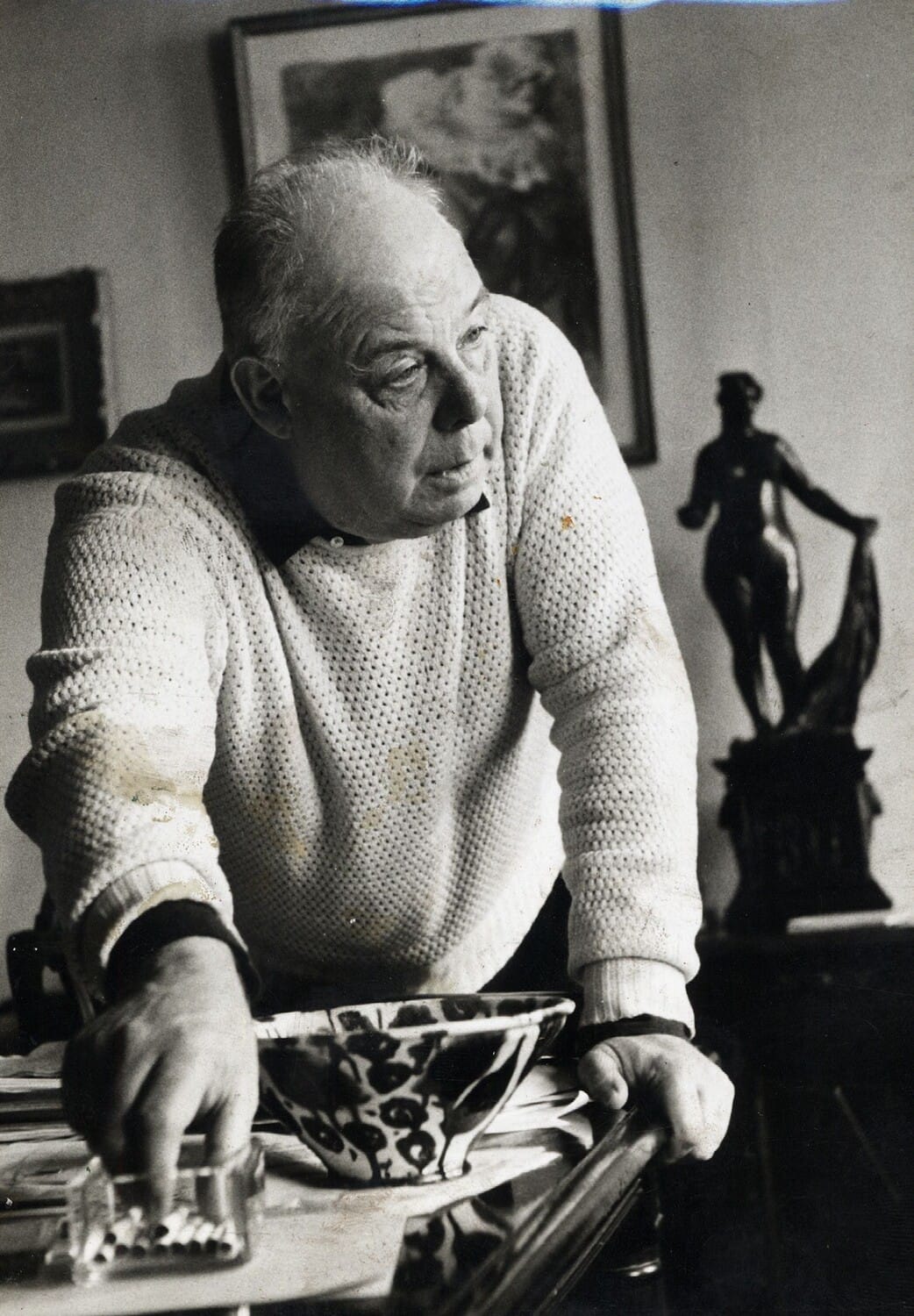Jean Renoir was a prolific filmmaker who left an indelible mark on cinema.
As a director, he blended realism and fantasy in groundbreaking films such as Grand Illusion, La Grande Illusion. Throughout his career, he continued to explore the possibilities of film and cinematography. His films are filled with complex characters and settings that often blur the line between our reality and fiction.
Renoir’s films were critically acclaimed, and his influence on cinema can still be seen today. Many filmmakers have been inspired by his unique vision and style. His wisdom is timeless, and he continues to inspire new generations of filmmakers.
In this article, we look at the life and work of Jean Renoir through the wisdom of his films. We invite you to explore how Renoir’s films challenge us to think differently about our world and how we perceive it.
Jean Renoir’s Early Life and Career
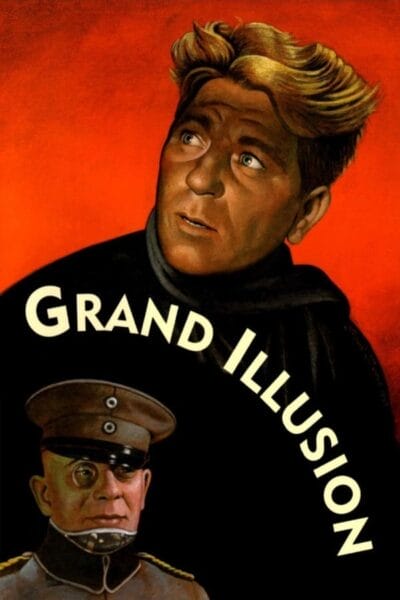
Jean Renoir was a celebrated filmmaker born in 1894, who went on to become one of the biggest influences of 20th century cinema. Born into a renowned theatrical family in Paris, his father was the painter Pierre-Auguste Renoir. Jean had artistic inclinations from an early age and wanted to follow in his father’s footsteps as an artist. However, after being denied entry into the prestigious École des Beaux-Arts he decided to pursue a career as a director—a choice that would soon prove to be immensely fruitful.
Encouraged by his father, Renoir wrote and directed his first feature-length film in 1927—The Little Match Girl—which established him as the preeminent figure of the French cinema in the 20th century. From then on Renoir continued to explore themes such as humanism, empathy, and morality through his films like The Rules of the Game (1939), The River (1951), The Golden Coach (1953), Grand Illusion (1937) and many more. He earned several prestigious awards including an Academy Honorary Award and a Palme d’Or at Cannes Film Festival in 1975.
His Approach to Moviemaking
Jean Renoir is renowned for his approach to filmmaking, one that was centered on ‘directing the actor’. This technique focused on directing actors by building a physical and emotional relationship with each actor in order to draw meaningful performances out of them. Renoir believed that the set should be filled with joy so that the actors could express themselves naturally and authentically.
He also believed in allowing an actor’s movements to become fluid and spontaneous, as opposed to controlling them or dictating where they should move. By creating an atmosphere of trust, he was able to get the most out of his actors without having to resort to harsh verbal instruction.
Renoir often improvised camera angles and shot lengths, taking inspiration from real-life moments and cultivating a sense of spontaneity on set. His use of long takes, inspired by French impressionism, captured raw emotion and offered viewers a taste of realism that was seldom seen at the time. Renoir’s work pushed boundaries while still maintaining respect for craftsmanship and tradition.
Influences on His Work
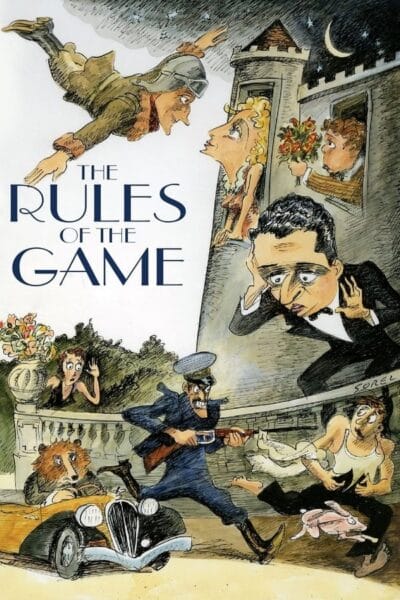
One of the most important influences on Jean Renoir’s work was his own upbringing in a family of privilege. He was born into an aristocratic French family with their very own castle, the Château des Brouillards.
Renoir was able to gain a unique perspective on life, which he turned into compelling stories. He was able to observe various types of people from different social classes, and he saw the disparities between them firsthand. This would show up in his films as stories about the class struggles that he had witnessed as a child.
He also cultivated a deep appreciation for art and culture from an early age. His father’s home in Cagnes-sur-Mer was filled with art by Rubens, Caravaggio and other great painters, which Jean Renoir often depicted in his films–even going so far as to use many of the same paintings in multiple movies. Additionally, Renoir’s passion for painting and sculpting bled over into his cinematic projects; in fact, he even wrote several books on visual art theory during his lifetime.
From growing up surrounded by art, observing the class struggle at close range, and having access to his father’s expansive library of books on philosophy and literature – all these experiences put together left a lasting impression on Jean Renoir and helped shape his artistic vision throughout his career.
His Impact on Modern Film
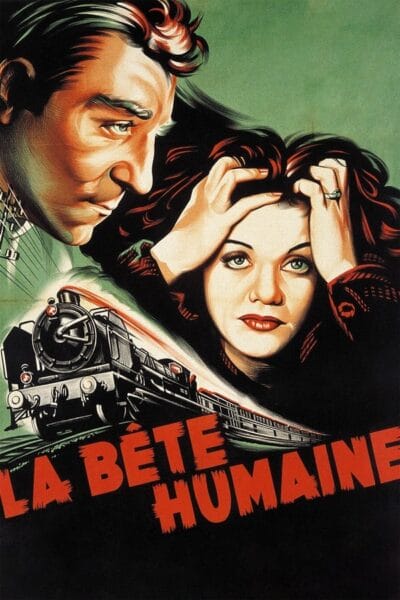
As one of the most influential directors of all time, Jean Renoir’s impact on modern film is undeniable. Perhaps his most lasting legacy is his innate ability to capture emotion in a way that few others could. He would use close-ups, lighting, and long takes to create tension and anticipation, or to evoke sadness or joy. His use of symbolism and his thoughtful composition of scenes brought a new level of artistry to the craft.
Renoir was also ahead of his time in terms of exploring themes that are still relevant today. Many of his films tackled social issues such as class struggle, political power struggles, and moralism versus human nature, which remain relevant in today’s world. He was also one of the first directors to incorporate documentary-style shooting into his works, creating a sense of realism that has become commonplace in modern cinema.
Finally, Renoir’s keen eye for detail was unparalleled—he would often incorporate subtle nuances into each frame that give viewers deeper insight into the characters’ motivations and feelings. This subtleness is gaining popularity as filmmakers strive for more realism in their works, allowing viewers to better connect with their stories.
All in all, Jean Renoir’s contributions to modern film are remarkable and continue to be felt across the industry today.
Renoir’s Most Memorable Films
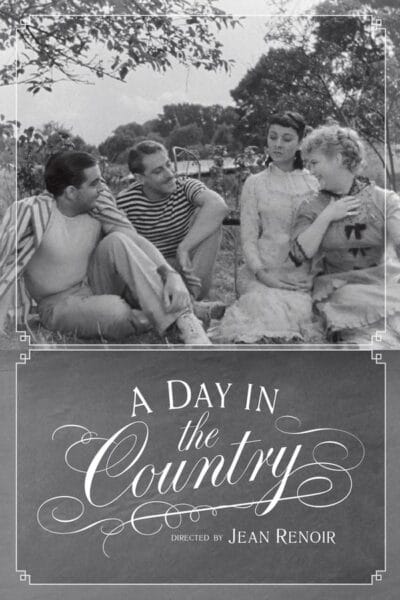
Jean Renoir’s films are widely praised and remembered, decades later. Many of his films are considered masterpieces, portraying a universal truth. He is noted for having anchored his stories in the French society of his time, but also for creating timeless tales that remain relevant today.
Part of the general appeal of Renoir’s movies comes from his choice of leads and settings. Here are some of his most memorable films:
The Rules of the Game (1939)
This comedy-drama portrays the intricate game of love between a group of aristocrats during a weekend hunting party at a large country estate. It is considered one of the best films ever made, and was placed first in Sight & Sound’s Critics’ Top Ten polls in 1952 and 1982.
Grand Illusion (1937)
The story follows two French soldiers who are captured by the Germans during World War I and held as prisoners-of-war in a castle. This drama became an instant classic for its humanistic undertones as well as its use of German actors to portray German military officers—a rarity at that time.
The River (1951)
Set in colonial India, this lyrical film follows three orphaned sisters living in rural Bengal during British rule. It was one of Jean Renoir’s few color films and is considered to be one his most romantic works.
The Legacy of Jean Renoir
Jean Renoir’s legacy is vast and enduring. As a filmmaker, he influenced a generation of auteurs and set the stage for the types of films we watch today. He is considered one of the most important figures in the history of cinema.
Renoir’s work has been lauded by critics and film scholars over the years, with much of it being inducted into the Criterion Collection in order to preserve his extraordinary vision. His inventive camerawork, use of subtle visuals to portray layered themes, and intelligent use of sound have all become hallmarks of his style.
Renoir’s work also serves as a source of inspiration for modern filmmakers around the world. His unflinching depictions of human frailty, social upheaval, and lasting hope have resonated with audiences for generations and will continue to do so for years to come.
The legacy of Jean Renoir is one that continues to inspire and enrich the filmmaking industry. His dedication to narrative and visual storytelling made him one of the greatest directors of all time. Renoir’s work is renowned for its richness and penetrating insight into the human experience. Throughout his life, he served as a reminder that the arts are powerful tools for social transformation, and his films are still captivating audiences today. Jean Renoir’s life and work continue to remind us that art can be used to communicate complex ideas, embody emotion, and provoke thought, and his legacy will remain alive in the hearts and minds of generations to come.
